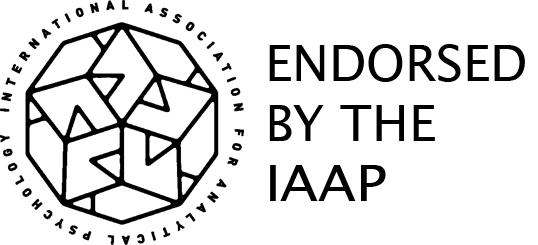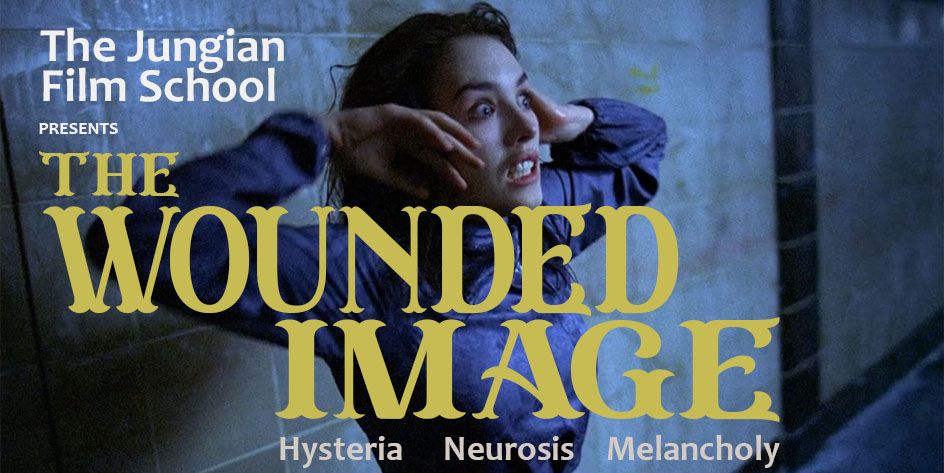“The hysteric, whose body is transformed into a theatre forforgotten scenes, relives the past, bearing witness to alost childhood that survived in suffering.”
(Catherine Clément)
We invite you into a cinematic descent. Across six weeks, guided by a faculty of psychoanalysts and film scholars, we’ll enter the spaces where film meets psyche, where image fractures, and meaning bleeds. From the historical legacy of hysteria to the spectral melancholy of modern cinema, we explore the female psyche not as pathology but as poetry. Why have these terms disappeared from clinical language? What do they still reveal? What do they conceal? Each session pairs film analysis with a psychological inquiry bringing the themes into dialogue with your own lived experience through reflective and applied exercises. This is not a course about diagnosis. This is an act of excavation.
Zoom sessions will be presented each Saturday at 5 PM London/ 12 PM (noon) New York time. Lectures are 90 minutes and recorded for students who cannot attend live. Bonus Lecture on the film Melancholia (2011), presented by Stefano Carta available upon registration.



